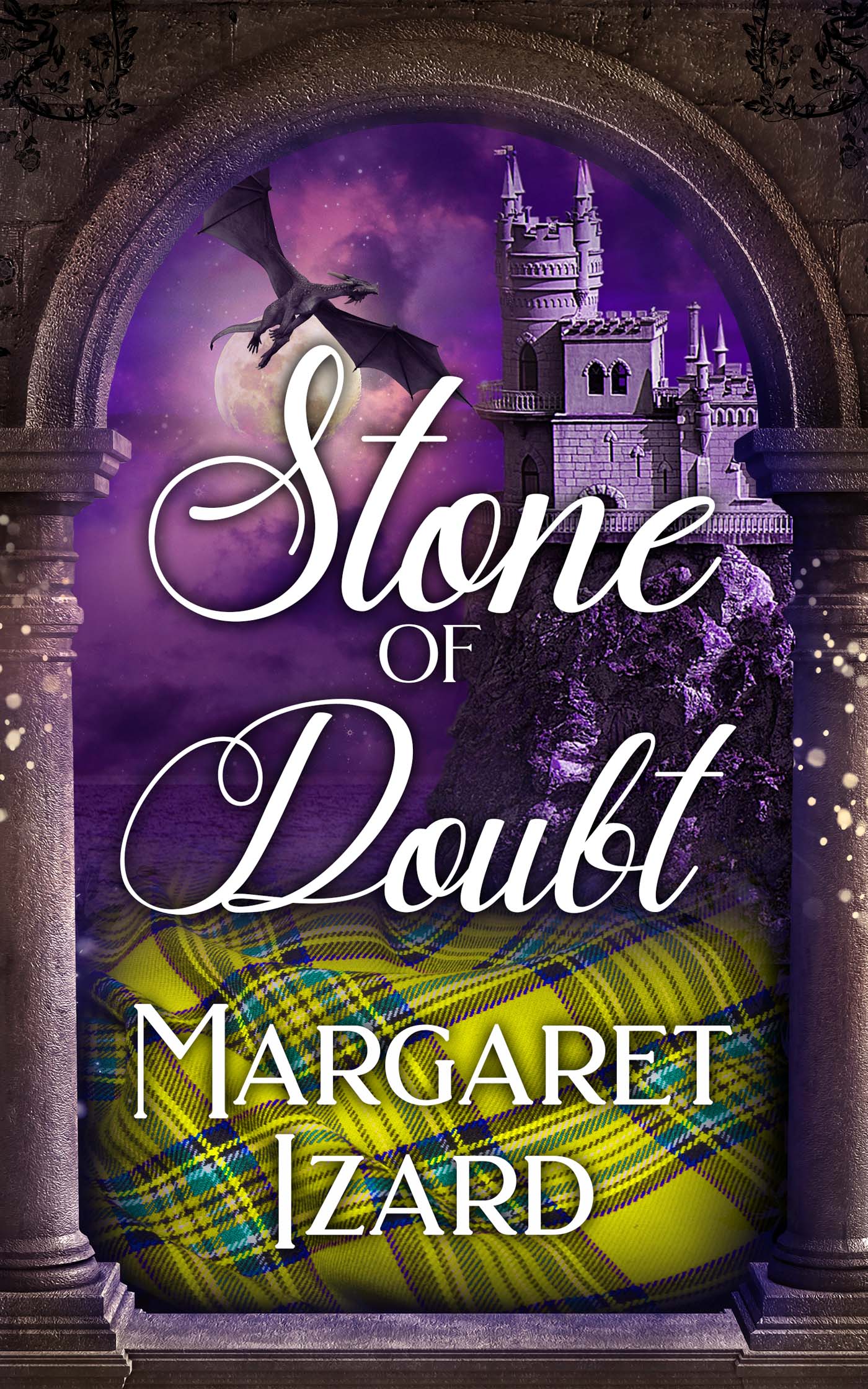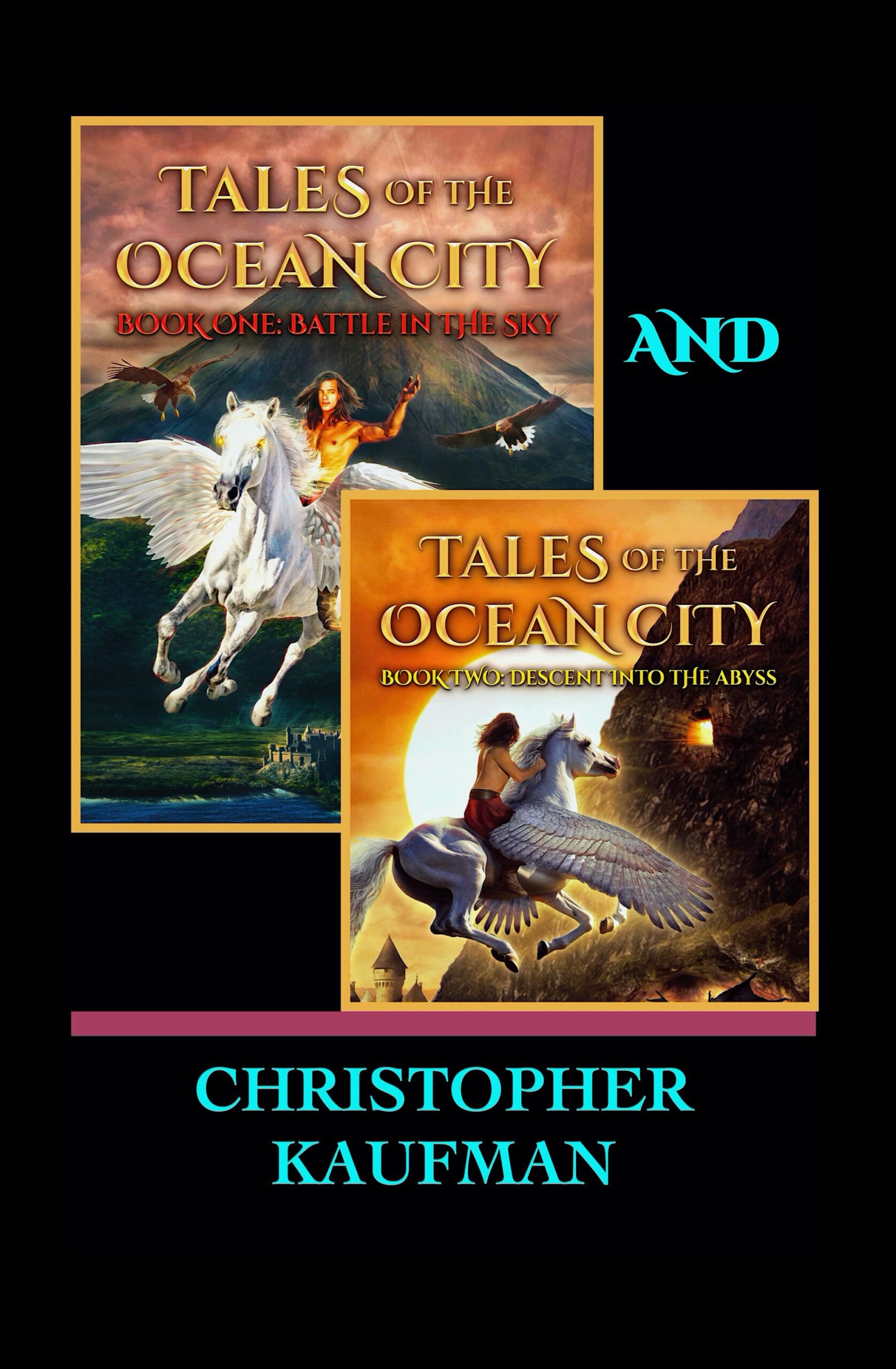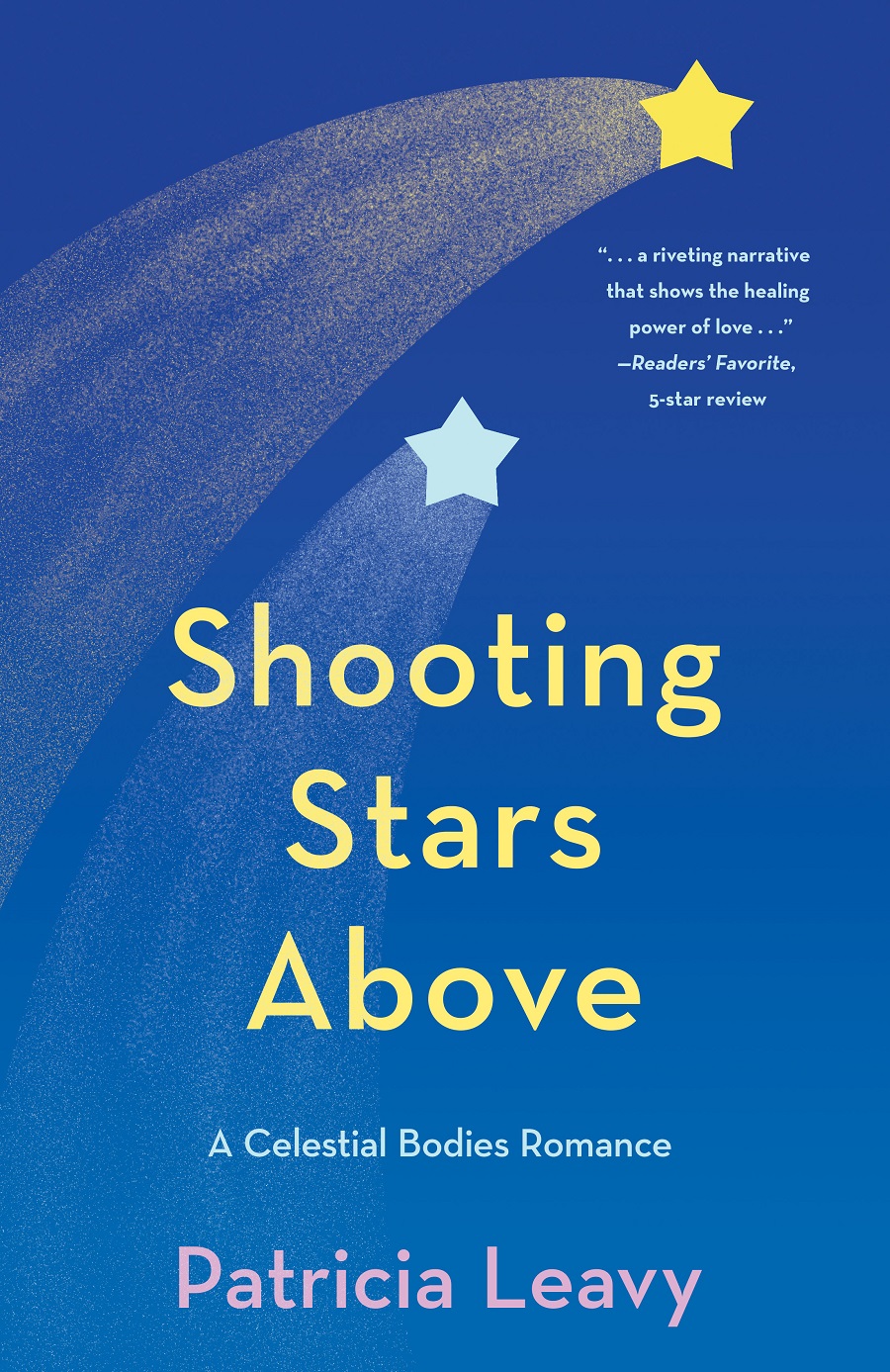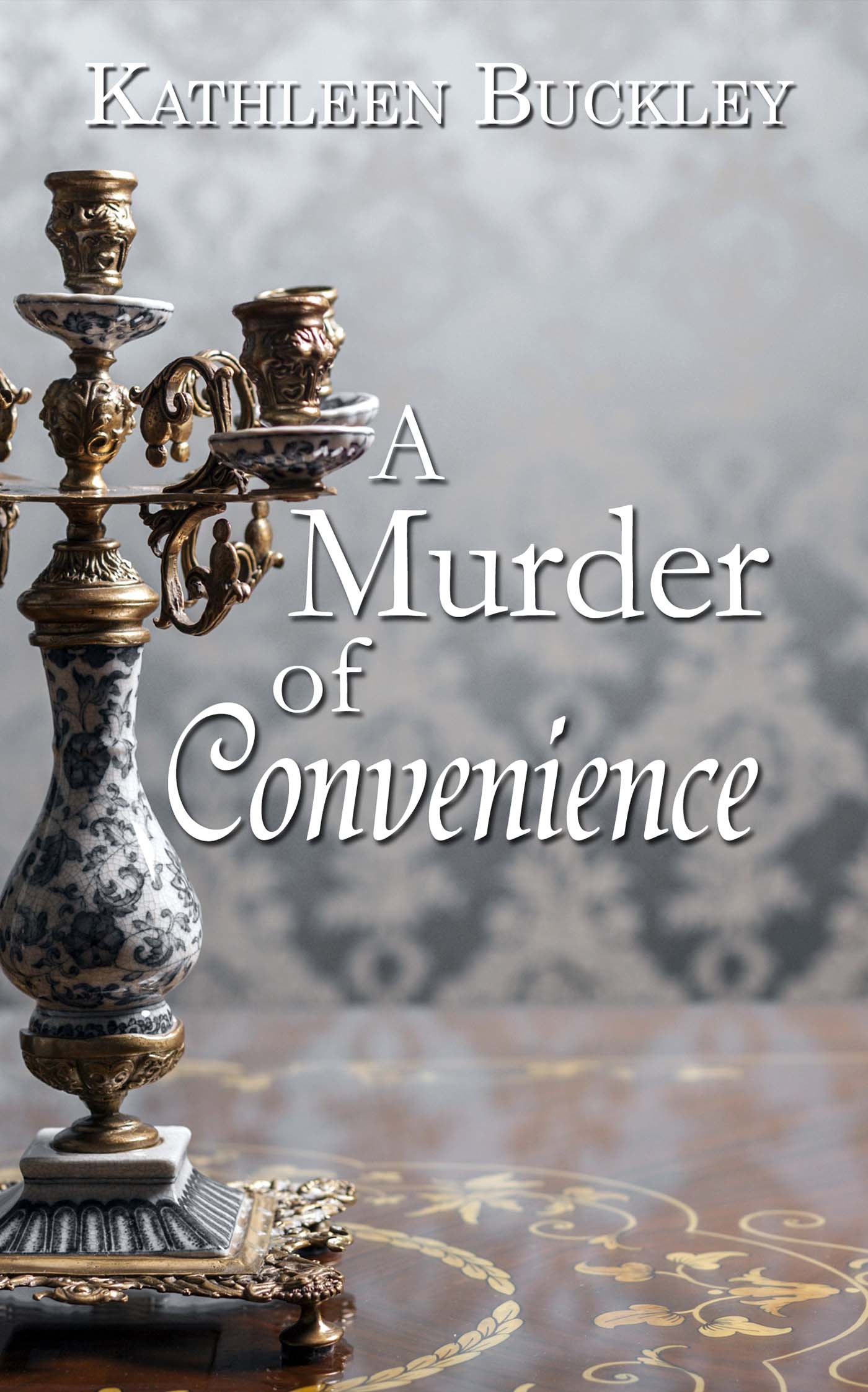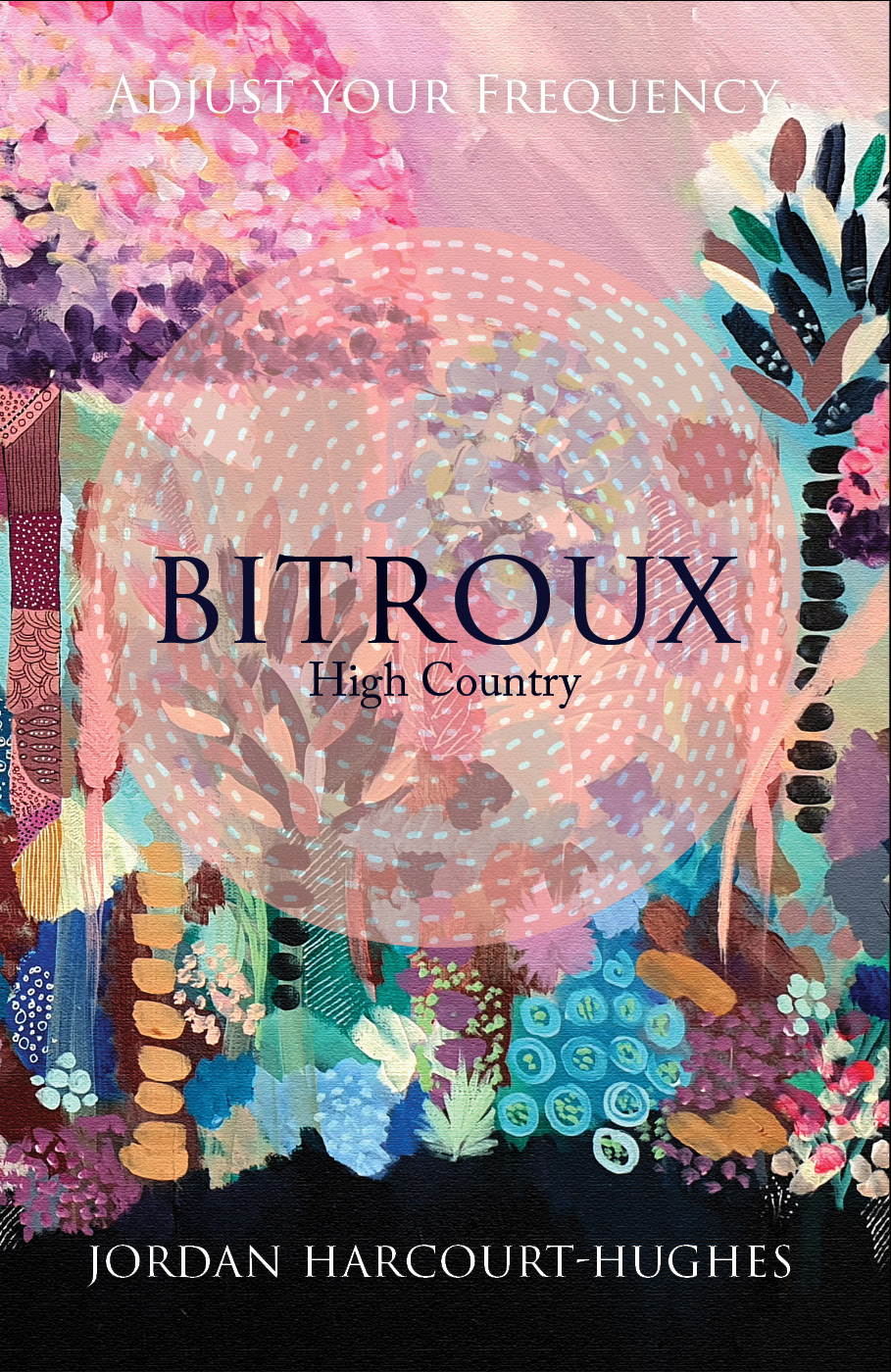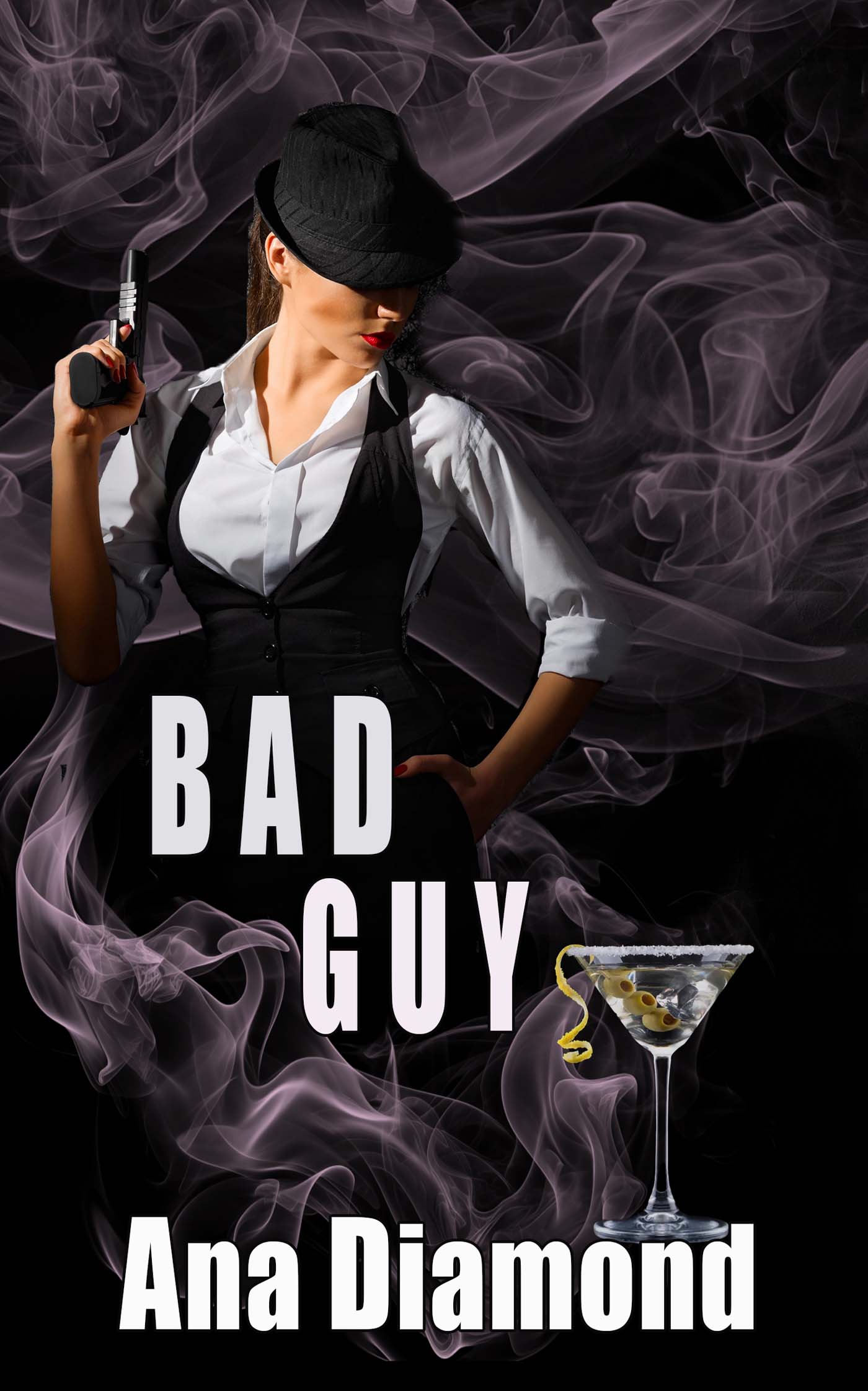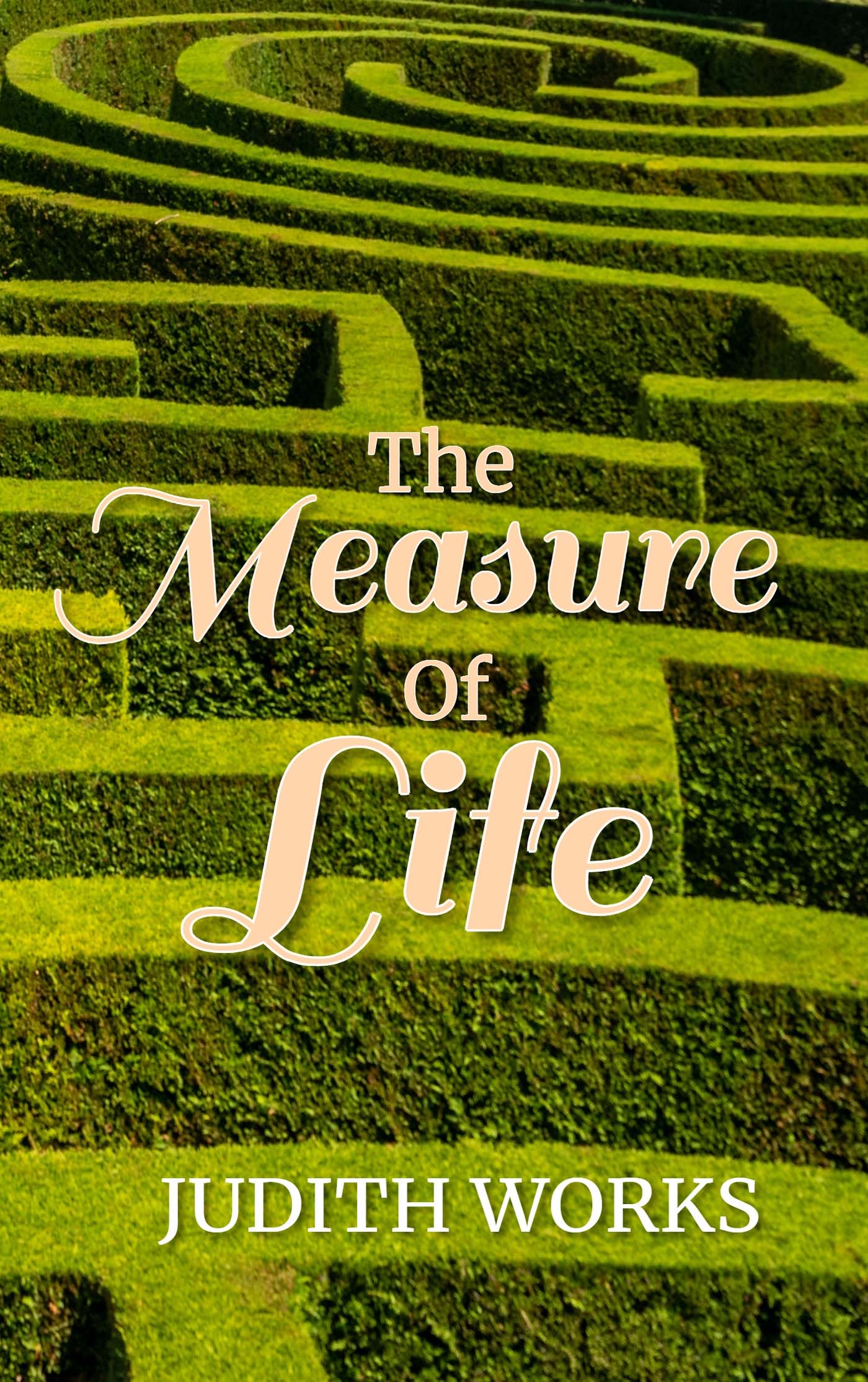Long and Short Reviews welcomes J.D. Dixon whose literary thriller The Unrivalled Transcendence of Willem J. Gyle recently released.
J.D. is from London, a place near to my heart- I’m such an Anglophile! I asked him what it was like living there.
“On paper it might seem a good place to be. I’ve certainly had enough people tell me how lucky I am, with good reason. I’m from the south east of London, near Lewisham, where you can expect to find nearly every race on earth living cheek by jowl, and that is a great experience. I grew up surrounded by a lot of cultures intertwining; the raw humanity displayed is retrospectively breath-taking (and the resulting culinary diversity was amazing!)
But London is so disconnected from itself, so sprawling and so expensive, that you really do feel isolated. Nowadays, unless you are very wealthy, it constantly feels like you’re struggling to eke out a life rather than living fully. Ultimately, it’s a playground for the super-rich, and everyone else suffers for it.”
There were driving forces behind his work, he told me: a mixture of emotions, an awareness of the world, political consciousness.
“The same forces which I’m sure drive many writers,” he said. “And I think I use writing as others use reading- an attempt to order the world, to examine it and come to an understanding with life. To me, writing is an academic exercise in catharsis, and I think that this is where fiction is at its most powerful.”
A writer should also, in his opinion, have a strong sense of a narrative progression.
He explained, “If you know where your novel is going, and how you want the journey to look, everything else should fall into place with relative ease. The only times I’ve ever hit writer’s block are when I’ve fallen into the trap of muddling along.”
It should come as no surprise, then, that J.D. is a complete plotter when it comes to his work (“Almost neurotically so,” he admitted). He doesn’t begin writing until he has a full, detailed plan in place, usually scene by scene.
“Of course, this plan often changes as I write, but the same baseline runs throughout and hopefully keeps me on track. When I’ve completed a first draft I then write a full, detailed synopsis. Usually ten pages or more, which I use to work out how the narrative works, how the pacing flows, and what needs to change. And then it’s a case of repeating this process until I’m happy and my agent signs off on it.”
Once he has the plot in place, he draws the characters from their surroundings – using them like clothes horses and dressing them up in the plot until they take on their own authenticity.
“They embody the narrative’s message, and I do my best to express that message through each character’s personhood, their actions and their eventual fates,” he told me.
He also does as little physical detailing as possible.
“Leave it to a reader’s imagination and they will always create a clearer, stronger picture than I ever could,” he said. “I try instead to make their actions correspond with their physical presence, with the space they inhabit and with what is needed to express their character. A prime example would be my protagonist Willem’s size- I don’t go too much into the rest of his physicality, but his immense proportions encompass his being, and much of the plot revolves around the power he finds therein.”
When J.D. is writing, he gets very into the work. When an idea takes him, he spends some time researching – reading around the subject at hand as well as looking at other writers who have dealt with similar themes or those writers whose style he will find helpful in his own betrayal. Once that is completed and he is comfortable with the idea, he begins his in-depth plotting. He then begins writing and spends a few hours writing every day until the book is done – trying to get it on paper as quickly as possible.
“What do you like to do when you are not writing?” I asked.
“I’m a bit of a fitness junkie. I hold a couple of black belts and spent a lot of my formative years boxing and kickboxing at this small gym around the corner from where I grew up. So I box a couple of days per week and try out new martial arts quite frequently. The last couple of years I’ve got into powerlifting, and spend nearly as much time worrying about my deadlift technique as I do thinking about writing.
I also spend a good couple of hours per day walking my dog. I’m taking a second degree which takes up a lot of time. And, of course, I read quite a lot of fiction.”
With his writing, J.D. never really considers genre – he just tries to write the book as he imagines it from the outset.
“I come up with a conceit- a narrative, an issue, a character- and think how best to convey that,” he said. “If I keep true to my own goals it should be very personal, very unique. This is the hope.”
Finally I asked, “What is something you’d like to accomplish in your writing career next year?”
“Complete the next novel. It’s a narrative I’ve had on the go, on and off, since I began writing at the age of twenty-one. I have broken my own rules with it- no driving force, no detailed plan, no clear message- so it’s languished (in fact, it was this experience which made me become so focussed on planning in later work.) But I’ve finally tied all those things together behind it, so I think I’ll be able to finally finish it.”
In a Scotland beset with depression, Willem is one victim among many. He loses his job, his mother dies and he is forced out of the flat they shared. Seeing no other option, he takes to the streets of Edinburgh, where he soon learns the cruelty felt outside the confines of his comfortable life. Stories from his past are interwoven with his current strife as he tries to figure out the nature of this new world and the indignities it brings. Determined to live freely, he leaves Edinburgh, hiking into the Scottish Highlands to seek solitude, peace and an unhampered, pure vision of life at nature’s breast.
The Unrivalled Transcendence of Willem J. Gyle is at once a lyrical, haunting novel and a set piece in the rage of an oppressed, forgotten community. J. D. Dixon’s sparse, brutal language captures the energy and isolation of desperation, uniting despondency and untrammelled anger in the person of his protagonist.
About the Author: 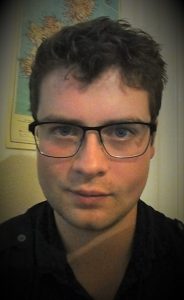 James Dixon is a novelist, poet and playwright. He was born in London in 1990. He currently lives in Edinburgh with his wife and is studying for a degree in Philosophy, Politics and Economics, which continues to influence his writing.
James Dixon is a novelist, poet and playwright. He was born in London in 1990. He currently lives in Edinburgh with his wife and is studying for a degree in Philosophy, Politics and Economics, which continues to influence his writing.
A couple of years ago, in the summer of 2015, he had the idea for The unrivalled transcendence of Willem J. Gyle and wrote the first draft over a couple of weekends. By November 2015 he had a workable draft, which he sent to David Haviland of the Andrew Lownie Literary Agency. David took him on, and the two have been working together since.




